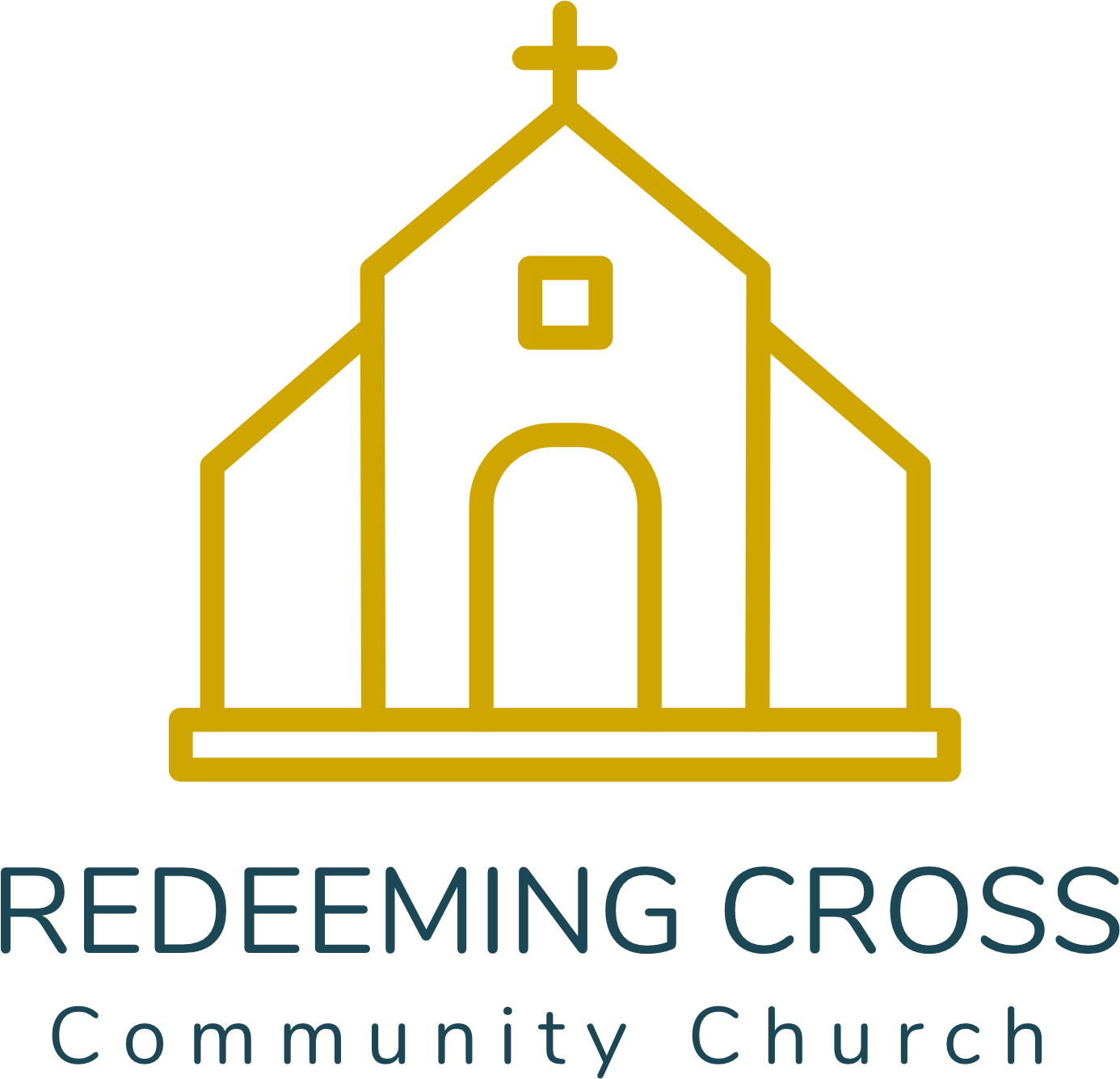How Does the Spirit Pray for Us?
the Spirit himself intercedes for us with groanings too deep for words. Romans 8:26
Prayer is central to the Christian life. Along with Scripture it forms our twofold life-breath: we take in the word like air and exhale prayer. Prayer is doubly instinctive for believers, once by nature (for all mankind automatically prays to God when in distress) and a second time by the eternal life of God which we receive in redemption. But praying can be difficult. We need help. And what do you know? Our friend the Apostle Paul has good news: God has sent us a prayer Helper.
The Spirit of God himself aids us in our prayers when we don’t know what to say or how to say it—that is, when we experience groanings and longings which we cannot seem to express in words. Leon Morris writes, “Paul is simply referring to the fact that we who are Christians are not the spiritual giants we would like to be (and sometimes imagine we are), We are weak.” But not to worry. The Spirit takes our weak prayers and unspeakable longings and presents them perfectly to our Heavenly Father for us.
Glory to God for sending us such a Partner in prayer!
God Doesn’t Go into the Comments
Mankind knows God is real. When they deny his existence in their fancy (and not-so-fancy) schools and cool (and not-so-cool) movies, note the posture of the Almighty. He does not stoop to feud with little creatures. He could easily clap back. But he doesn’t, because he doesn’t argue with fools who know better.
Jesus faced this temptation when he hung upon the cross. “You who would destroy the temple and rebuild it in three days, save yourself! If you are the Son of God, come down from the cross” (Matt 27:40). He was tempted to stoop to their level of debate. He could have, but he did not. He prayed for them. So can we. Don’t argue with fools who know better. Pray for them instead.
What is the Reformed Doctrine of God?
Is there such a thing as the Reformed doctrine of God? Of course there is! And it’s the best one. The Reformed doctrine of God is the same doctrine of God that the church has always believed—or at least had always believed up to the time of the Protestant Reformation, and up until rather recently in fact. The Reformed doctrine of God is the Nicene doctrine of the Trinity as handed down to Christians of every generation from the Church Fathers. It is the Bible’s own doctrine of God.
What does it teach? Well, without any apology it immediately smacks us in the face with the reality that God is exceedingly mysterious and beyond human comprehension, because it teaches us that the one God eternally exists in three divine Persons. These Persons are co-equal in every way, except by mode of subsistence. What in the world does that mean? It means that the difference between the Persons (besides that they are differing Persons) is that the Father is the Father of the Son, the Son is the Son of the Father, and the Spirit is the Spirit of the Father and the Son. These three divine Persons are eternally co-equal in power, wisdom, love, and the whole array of divine attributes, including authority.
One of the many things this means is that the divine Person who took on human nature, who lived and walked and died among us, who carried our sins upon his shoulders, who rose from the dead, who ascended to heaven, who is coming back for us, with whom we shall spend eternity in physical communion—this One is not God-lite, a sort of mini-me of the Father. He is God the Son, and he is our elder Brother who brings us back to the Triune God.
What is the Reformed Idea of Wisdom?
When Christians hear the word Reformed, they probably (hopefully) think of God’s sovereignty (if our tribe’s beloved internet know-it-alls don’t come to mind first). Of course there is much more to Reformed theology than the doctrine of God’s rule over all things, but the doctrine is a prominent belief in the tradition. And it’s a helpful starting place for us here. Because God actively rules this world and everything in it (including me!), therefore living wisely involves walking with this God in my actual lived experience. It is the place where doctrine gets busy.
The Reformed doctrine of God’s sovereignty gets busy in our lives every day. Wisdom recognizes this and acts accordingly. To be wise is to have a radically Christ-centered view of creation. This puts absolutely everything in its proper orbit around the central Star of the whole system, Jesus Christ. I can interact with all things well if I see them as they relate to him. He made this place and the things and people in it. They are to me expressions of him, and opportunities to know and serve him more. They are his messengers to me, both the pleasure and pains of this life. Wisdom is not found in cutting myself off from this world, but in learning to interact with it and the things in it rightly. This is wisdom, to walk with God in his world.
What Do Sermons Do?
Sermons. We are familiar with them as the central event of corporate worship. But why? What makes them so important? What do sermons even do?
They Teach Us
Sermons help us understand what the Bible says, which is to say, they teach us what God says. Your weekly Lord’s Day sermon ought to give you doctrine and truth and applications to think about. A good sermon will also help you better understand the passage that was preached. But that is not the only thing sermons do.
They Make Us Grow
How do sermons make us grow as Christians? By making our faith stronger. Sermons are faith workouts. As God’s word is being declared to us, we welcome it by faith in the moment of preaching. And as we do so, God uses his word to make our trust in him stronger by giving it something to exercise on, namely, Jesus and his many promises to us. We take this strengthened faith with us, even if we can’t remember everything that was said in the sermon. Because my faith is now stronger, it makes trusting God in my life a little more intuitive. And that is growth.
If you are sitting under nourishing sermons on a regular basis, be encouraged that you are growing, even if you can’t always tell.
The Reformed Doctrine of Church Buildings
“The church is not a building.” It’s a popular evangelical adage. And I amen it. We the people are indeed the church. But we are only the church when we are the church, if you catch my drift. The Greek word behind “church” means “assembly,” and we are the church when we assemble together before our triune God every Lord’s Day. And where do we do that? Well, if we’re so blessed, we do that in a building.
The Protestant Reformation rejected the outward pomp of the Roman Catholic Church. It is often assumed that this included the outward beauty of its church buildings. Yet, while both Luther and Calvin rejected the ceremonial extravagance of Rome, they spent their lives preaching in beautiful church buildings. The simplicity of our gospel worship ought to be, whenever possible, reflected in the simplicity of our meeting places. But, avoiding extravagance, it is a blessing to worship God together in well-designed and lovely meeting places.
Where our local churches are financially enabled, let them provide beautiful worship spaces for the children of God.
What is the Reformed Doctrine of Air Conditioning?
Some have asked how we can believe in magic…or more to the point, in God…when we live in a world cooled by air conditioning. Has not modern man found out all the secrets of the universe? Has he not uncovered the truth that there is no supernatural, and there is no God, but only particles and elements and atoms and electrons? After all, he has harnessed the power of electricity to ice out indoor spaces even in the very heat of summer. Is there any mystery left?
The Fall and the Fall
Fall swooped in to save ancient (pre-1900s) man from the plight of that heat which slays. The cooling breeze of autumn was as the atmosphere of heaven itself come down. But another Fall is what brought the heat (and the cold) in the first place. Sin ruined much good. So now we bear the elements as a living picture of the soul-scorching (or bone-chilling) heinousness of sin.
The Reformed Doctrine of AC
But oh, what a time to be alive! Through the scientific advances of our species we have attained to the glorious helps of modern living. There is much good left in this creation, as a testimony to God’s own goodness, and he has allowed modern humanity to harvest much more of it than ever before. The other-worldly powers of electricity bear witness to God as much as the mysteries of old did.
This God has orchestrated human history so as to place each of us where—and when—we are. So let us use the modern advantages we have, not to ignore God and the supernatural, but to make him known all the more. Because of Christ we can enjoy lovely air conditioned spaces even as we battle principalities and powers unseen.
What is the Reformed Doctrine of Parachurch Ministry?
American Christianity is largely dominated by parachurch ministries. This is overwhelmingly true if we take into account the countless megachurches which are more parachurch than local church.
THE REFORMED DOCTRINE OF PARACHURCH
Parachurches are good when they serve needs that local churches can’t. They’re especially useful in the field of missions, broad evangelism, specialized mercy ministry, the academic training of ministers, the publishing of books, and the roasting of coffees (not to mention the brewing of ales and the smoking of pipe-weed). Parachurches can be extremely helpful in providing supplemental teaching resources to Christians who are plugged into local church bodies.
when keeping It para goes wrong
Parachurch ministry has become unbiblical when it seeks to supplant the local church. This happens when funds that would otherwise go to local churches are drawn away and given to parachurches instead. This also happens when parachurch teachers are accorded more authority in a Christian’s life than their own pastors. Historically, this wasn’t as much of a problem, because local church ministers served in parachurch ministries while remaining local church ministers, thus bringing balance to the Force.
in conclusion
Parachurches can serve vital roles in connecting Christians from a broad range of local church backgrounds to serve together in common cause. They are blessed when they posture themselves with deference to the highest spiritual authority on earth, Christ’s local assembly, and seek to serve her.
What is the Reformed Doctrine of Sanctification?
Christians are saved by faith alone in the Lord Jesus Christ. But once they become believers, they begin the process of becoming more and more holy. This process is called sanctification.
Sanctified by Faith or by Works?
We are saved by faith. But what about sanctification? Isn’t that accomplished by our efforts of obedience? Many would say so. But our obedience is the expression of this change; the change itself happens by faith. In other words, we are sanctified by the gospel. It is by beholding Jesus Christ in the gospel that we are transformed from one degree of glory to the next (2 Cor 3:12-4:6). This is why Satan opposes, above all else, our simple trust in Jesus. For that is how we grow mighty in grace.
A Reformed Doctrine
This way of seeing sanctification is consistent with Reformed theology. God is the One who saves us; he is also the One who changes us. He doesn’t justify and then leave the rest to us. It is all gospel work through and through. “Holiness,” writes John Owen, “is nothing but the implanting, writing, and realizing of the gospel in our souls.”
Fill your soul with the good news of salvation today.
What is the Reformed Doctrine of Discipleship?
Modern Christians tend to think of discipleship as a one-on-one thing. It certainly can be, but discipleship mainly happens in groups.
The Reformed Doctrine of Discipleship
Reformed theology emphasizes the sovereignty of God in all things, especially in his grace to undeserving sinners. But once he saves them, his sovereign grace toward them does not stop. It is dispensed to his children through the ordinary means of grace.
These means of grace form the center of the Reformed concept of discipleship. For we remain the disciples of Christ. It is he who disciples us, and he does it through local church communities and the ordinances of the gospel which are dispensed there.
How to Know You are Being Discipled
If you are a member of a healthy local church, you are being discipled. If you sit under the preaching of the word, you are being discipled. If you have elders who encourage you in your faith and correct your sin, you are being discipled. If you fellowship with Christians, you are being discipled. It’s really that simple.










